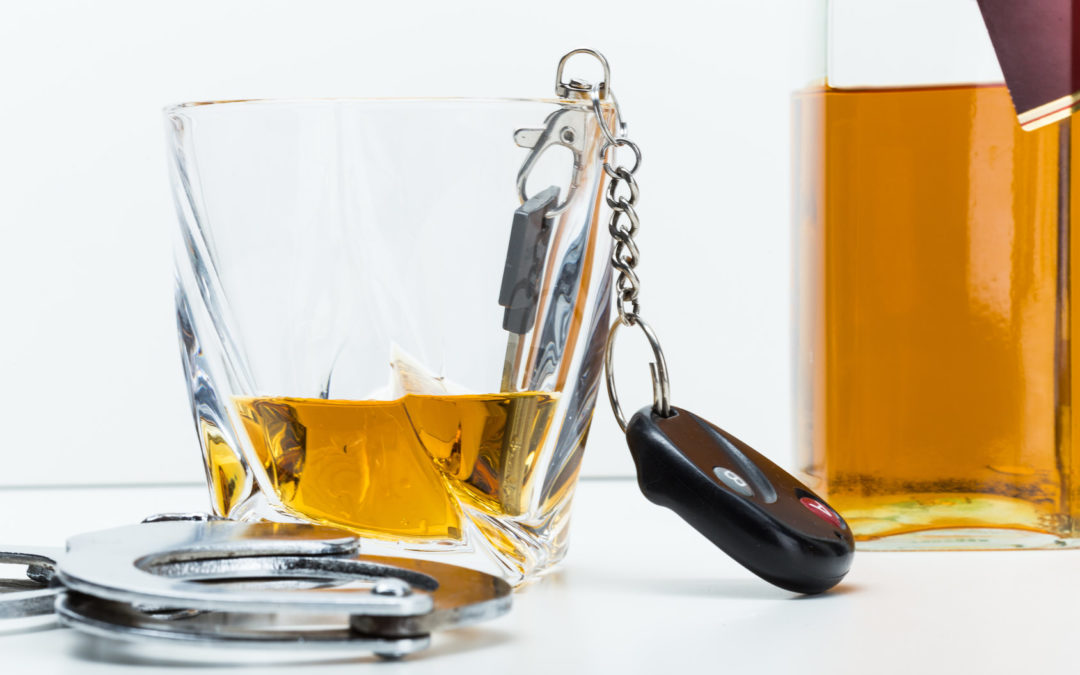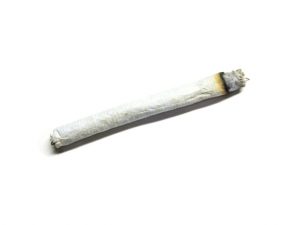By Saco ME and Portland ME OUI Super Lawyer John S. Webb With Over 25 Years of Courtroom Experience – Offering a Free Lawyer Consultation

Under Maine Title 28-A, possession, consumption, or purchase of alcohol by a minor under 21 years old can cost up to $400 in fines (assuming it is a minor in possession first offense). Parents who allow minors in their control, or in a place under their control (main residence, beach house), to consume alcohol are facing a Class D crime, meaning that it is punishable by up to 364 days in jail and/or a fine of up to $2,000. If the minor is less than 18 years old, then there is a mandatory fine of not less than $1,000 (for a first offense).
If a minor is found illegally transporting alcohol, they can face a fine up to $500 as well as have their driver’s license suspended for 30 days (again, assuming a first offense). Lastly, a minor found to have any alcohol at all in their bloodstream while driving (OUI Under 21) can have their license suspended for a year if the minor is alone in the vehicle – or two and a half years if they have a passenger under 21 in the car. They can then face even harsher punitive action if they are a .08 BAC or above.

 Southern Maine Criminal Lawyer Blog
Southern Maine Criminal Lawyer Blog









 What Charges Affect Student Loans?
What Charges Affect Student Loans?  What should I do first?
What should I do first? By: Attorney Vincent S. LoConte
By: Attorney Vincent S. LoConte


 Even if you are not stoned, you can lose your license in Maine if you are convicted of DUI marijuana, also known as DUI weed.
Even if you are not stoned, you can lose your license in Maine if you are convicted of DUI marijuana, also known as DUI weed.  When I last wrote I discussed whether a warrant was needed for a breath test. I argued that a warrant was needed based on previous Supreme Court cases. I was happy that one judge agreed with me.
When I last wrote I discussed whether a warrant was needed for a breath test. I argued that a warrant was needed based on previous Supreme Court cases. I was happy that one judge agreed with me.